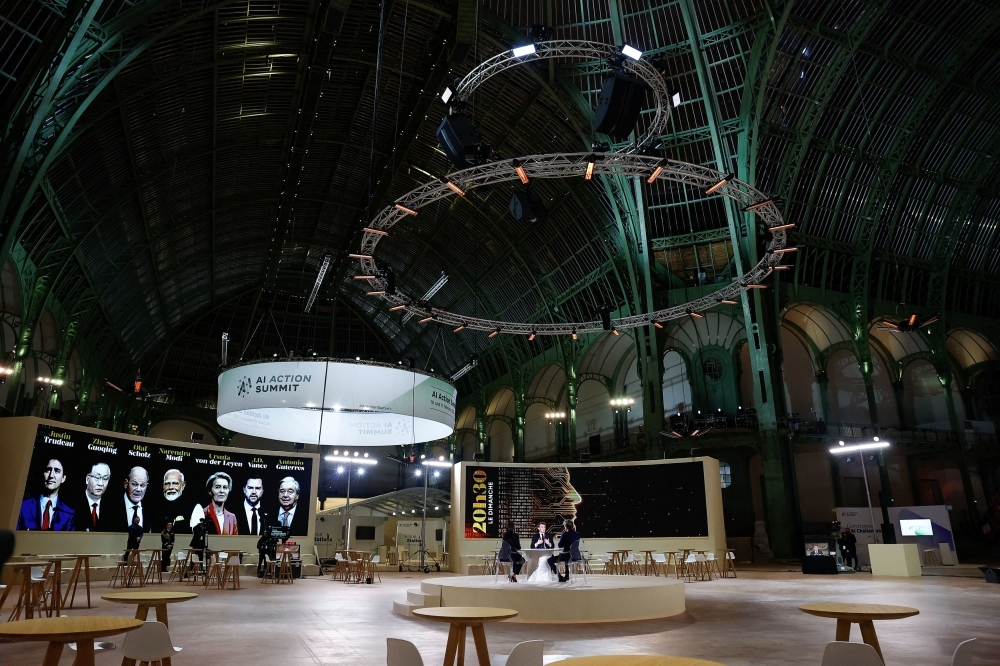The geopolitics of artificial intelligence will take center stage at a major summit in Paris on Feb. 10-11, where world leaders, executives, and experts will seek agreements on guiding the development of the rapidly advancing technology. The gathering, co-hosted by French President Emmanuel Macron and Indian Prime Minister Narendra Modi, comes at a pivotal moment as a new Chinese AI model disrupts the industry. The summit aims to address how AI can be harnessed for global benefit while mitigating its risks.
Attendees include U.S. Vice President JD Vance, China’s Vice Premier Ding Xuexiang, and European Commission President Ursula von der Leyen. Tech leaders such as OpenAI CEO Sam Altman, Microsoft President Brad Smith, and Google CEO Sundar Pichai will also be present. AI risks remain a key topic, with an expert group set to report on potential dangers posed by general-purpose AI. However, this year’s discussions will broaden to include more countries and a wider range of AI-related issues. Unlike previous editions, the summit is not expected to produce binding regulations.
Macron’s administration is pushing to shift the focus away from a race to develop artificial general intelligence through massive computing power and instead emphasize data access to tackle challenges such as cancer and long COVID. The stance aligns with China’s interests following the release of DeepSeek, a Chinese AI startup’s chatbot that has demonstrated capabilities rivaling Western models like ChatGPT. DeepSeek’s success, achieved with significantly lower costs and fewer resources, challenges the dominance of U.S. AI companies. Macron hopes to counterbalance American influence in AI by fostering alternatives, including the French startup Mistral, which operates on an open-source model.
Nick Reiners, senior geotechnology analyst at the Eurasia Group, noted that France is strategically positioning itself between the U.S. and China rather than fully aligning with Washington, a move consistent with Macron’s emphasis on “strategic autonomy.” Brussels, long a regulatory thorn in the side of major tech firms, has imposed multibillion-dollar antitrust fines on companies like Google, Apple, and Meta. Former President Donald Trump recently criticized the European Union’s regulatory measures at the World Economic Forum in Davos, Switzerland, calling them a “form of taxation” on American firms. Meanwhile, the EU’s AI regulations have faced growing resistance from the industry.
It remains unclear whether the Trump administration will endorse any agreements at the summit. Trump has emphasized his vision of making the U.S. the “world capital of artificial intelligence” by leveraging domestic oil and gas reserves to support the energy-intensive technology.

